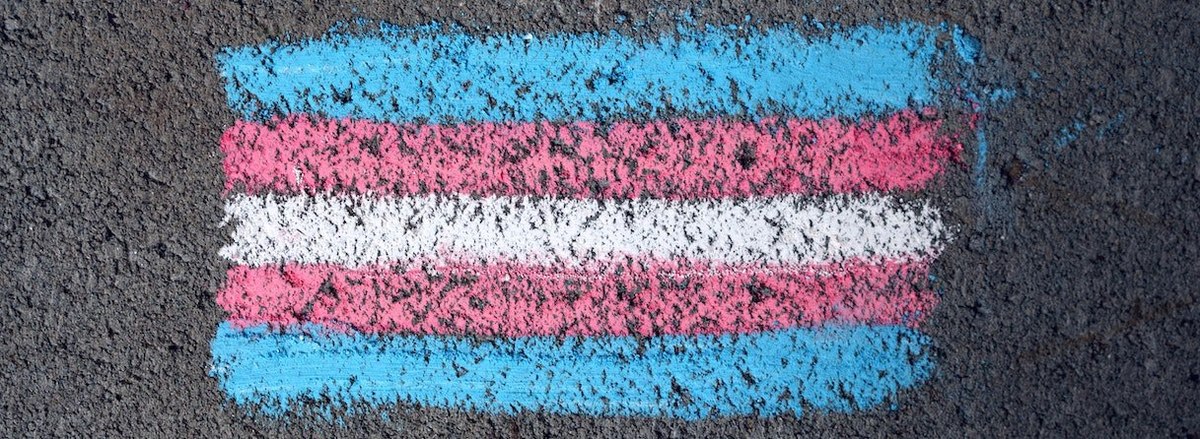A recent YouGov poll finds that Americans are highly divided when it comes to issues relating to transgender youth. This may stem in part from the fact that few Americans feel they have a very good understanding of the treatments available to transgender children and teenagers. Those who do feel they have a good understanding are more likely to support allowing them access to treatment. Democrats are twice as likely to support allowing transgender teens access to puberty-blockers than to oppose it, and a majority are in favor of allowing schools to provide instruction on gender identity, including access to books that tell stories about transgender youth. Republicans are far more likely to oppose these actions.
Most Americans say they lack an understanding of the treatments available to transgender children and teenagers: Over half (58%) say they understand the treatments not too well or not well at all, while just 13% say they understand them very or extremely well.
Parents of children under 18 are no more likely to say they understand treatment options than Americans overall. Familiarity with a person who is transgender is tied to greater understanding. While understanding is not closely tied to party identity, it is linked to age: Americans 45 and older are more likely to say they lack an understanding of treatment options than are adults under 45.
Over the past two years, Republican-controlled state legislatures have begun to propose more aggressive restrictions on gender-affirming treatments for transgender youth. Texas governor Greg Abbott recently issued an order that criminalizes parents who allow their children to receive gender-affirming treatment, classifying it as “child abuse.” A variety of other states have also considered bills that would limit access to treatment.
YouGov asked Americans their views on one form of treatment – puberty-blockers – which can temporarily prevent the effects of puberty that may not align with the gender identity of trans youth. Americans are somewhat more likely to oppose rather than support allowing parents to provide their transgender teenaged children with puberty-blocking drugs. However, people who say they have at least a moderate understanding of such treatments are more likely to support allowing parents to provide the drugs to their teens than are Americans overall. Knowing someone who is transgender also correlates with higher support for drugs that can delay puberty: Nearly half of Americans who say they know someone who is transgender say they support allowing access to the drugs.
Going a step further, Idaho’s House of Representatives recently passed a bill that would make it a felony to transport a transgender child to another state to receive gender-affirming treatments. Americans overall are slightly more likely to support rather than oppose allowing parents to seek out-of-state gender-affirming medical care for their children if doing so is illegal in their own state. Even 21% of Americans who oppose allowing access to puberty-blockers support allowing parents to travel to another state to seek out such treatment.
The Florida House and Senate recently passed a bill that would prohibit “classroom discussion about sexual orientation or gender identity” in the state’s primary schools. Our recent survey shows that American adults are evenly split on whether schools should be allowed to teach about gender identity in the classroom. About half of Americans (49%) oppose schools banning books with stories about transgender youth, while one in three supports a ban on such books.
A new policy enacted in some Florida public schools requires teachers to notify parents before using a student’s requested name or gender pronouns. Just over half of Americans say they support requiring K-12 schools to inform parents if their child requests to go by different pronouns while at school. Roughly one in four oppose requiring this. On this question, the gap between Democrats and Republicans is smaller than on many other questions about trans youth.
Over the past two years, numerous states have banned trans youths from competing in school-sponsored athletics. About half of Americans (49%) oppose rather than support (29%) allowing transgender student athletes to play on sports teams that match their gender identity, rather than the gender they were assigned at birth.
Americans who report knowing someone who is transgender are more likely to support transgender athletes being allowed to play on the team that matches their gender identity – about as many support as oppose allowing this. As with most other issues, we find a wide partisan divide on transgender athletes: Half of Democrats support allowing transgender athletes to play on teams matching their gender identity, while three in four Republicans oppose this. Younger Americans are somewhat more likely than older Americans to be supportive of transgender athletes playing on teams matching their gender identity.
— Carl Bialik and Linley Sanders contributed to this article
See the toplines and crosstabs from this U.S. News Poll
Methodology: This U.S. News survey was conducted by YouGov using a nationally representative sample of 1,000 U.S. adult citizens interviewed online between March 11 - 15, 2022. This sample was weighted according to gender, age, race, and education based on the 2018 American Community Survey, conducted by the U.S. Census Bureau, as well as news interest and 2020 Presidential votes (or non-votes). Respondents were selected from YouGov’s opt-in panel to be representative of all U.S. citizens. The margin of error is approximately 4% for the entire sample.
Image: Pexels











